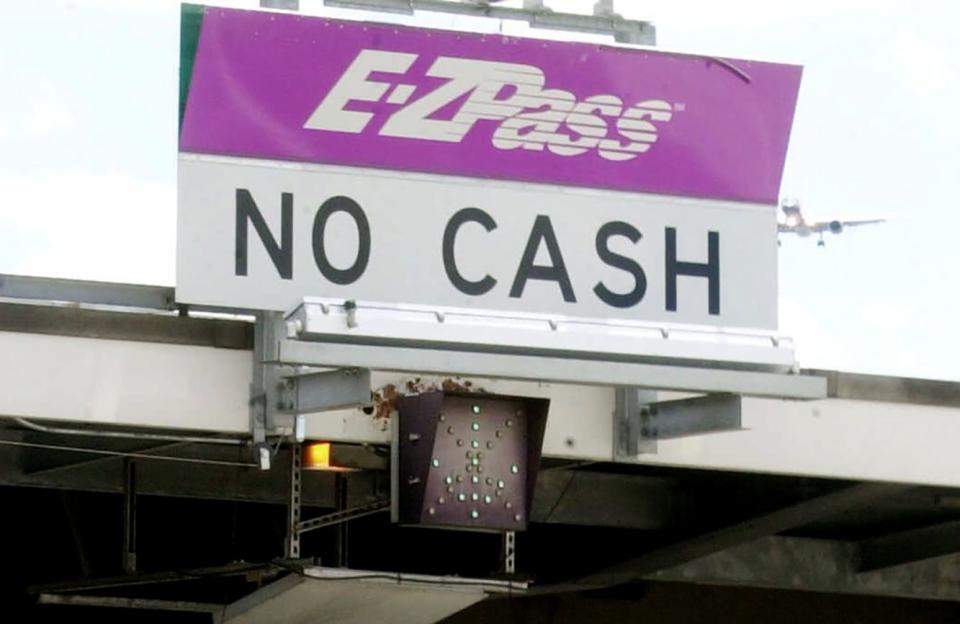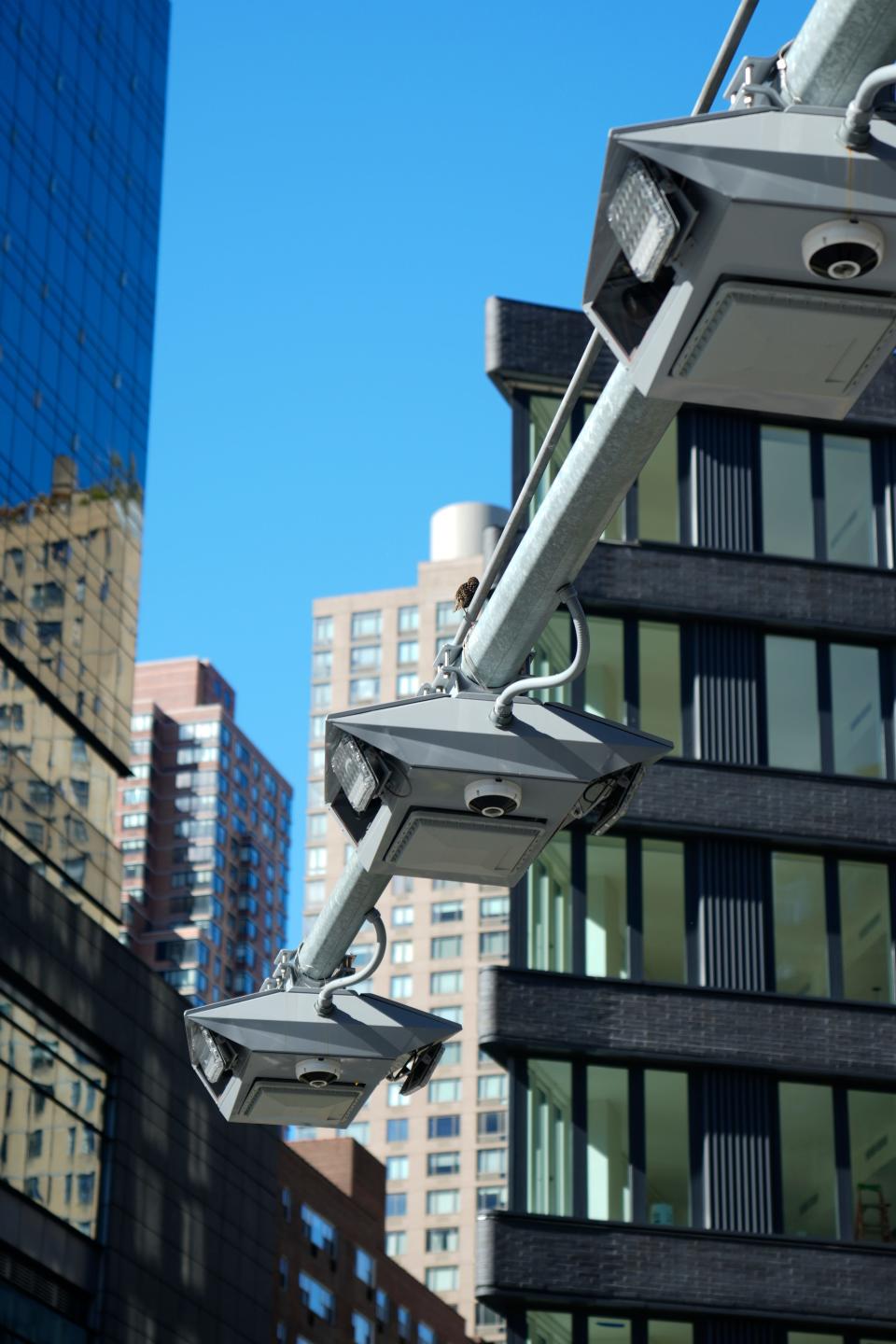Angry at the Manhattan congestion pricing toll? You'll get a chance to tell the MTA that
Angry about having to pay an extra $15 to enter Manhattan below 60th Street?
Do you support the city's congestion pricing toll designed to reduce Manhattan traffic, improve air quality and raise $1 billion a year for the MTA?
The public will get its chance to weigh in on the plan approved Wednesday by the MTA board.
Just not quite yet.
The MTA has not announced when the required 60-day public comment period begins, spokesman Aaron Donovan said. But when the agency does, people will be able to offer comments electronically or via voicemail or U.S. mail.
Story continues below photo gallery.
And after the 60 days end, there will be a series of hybrid virtual and in-person public hearings held on dates and times also yet to be announced.
Tolls and credits
The plan would impose a $15 toll on passenger cars entering Manhattan below 60th Street from 5 a.m. to 9 p.m. weekdays and 9 a.m. to 9 p.m. weekends. Cars entering the zone from New Jersey using the Lincoln or Holland tunnel would get a $5 credit, since they are already tolled at the tunnels.
Motorcycles would be charged $7.50 to enter the zone during those hours and receive a $2.50 credit if entering through the tunnels.
In the overnight period, cars would be charged $3.75 and motorcycles $1.75, with no tunnel credit.
More: MTA approves congestion pricing toll for Manhattan, triggering public comment period
More: Could GW Bridge traffic increase from congestion pricing? Here's what one report said
Cars and motorcycles would be charged only once a day no matter how many times they entered the zone.
Vehicles that remain on the FDR Drive or West Side Highway would not be charged, and vehicles leaving the zone are not tolled.
Trucks pay more, low-income drivers 50% less
Trucks will pay $24 or $36 during the peak daytime period, depending on their size, and receive a credit if they enter Manhattan through the tunnels of $12 or $20. Overnight, they would pay $6 or $9 based on size, with no tunnel credit.
For-hire vehicles and taxis would charge customers $2.50 and $1.25, respectively, per ride.
Low-income vehicle owners who qualify and register with the Triborough Bridge and Tunnel Authority should receive a 50% discount on the daytime auto toll after the first 10 trips made by that vehicle in a calendar month.
No E-ZPass? An even higher toll
If you don't use E-ZPass, the toll will be even higher, at $22.50 during daytime hours and $5.50 overnight for passenger cars, and $11.25 during the day or $2.75 overnight for motorcycles.

Trucks not using E-ZPass would be charged $36 or $54 during the daytime hours depending on their size, and $9 or $13.50 overnight.
25% higher toll possible on gridlock alert days
The MTA has reserved the right to impose a 25% higher congestion pricing charge during gridlock alert days. The New York City Department of Transportation identifies gridlock alert days during the United Nations General Assembly in September and throughout the holiday season when heavy traffic is expected in Manhattan.
In addition, the tolls and credits could be adjusted higher or lower by up to 10% within the first year of implementation.
Once the public hearing process ends, the MTA board will review the public comments and then schedule a vote to authorize adoption, with possible modifications to the current plan.
Toll collection is expected to start in late spring.
Two NJ lawsuits to stop the plan
While the public review process is underway, the vendor building out the toll system and infrastructure will continue installing the gantries that will be used for toll collection. The MTA says 60% of the sites are complete.

Two lawsuits have been launched in New Jersey to try to stop congestion pricing.
One, from the Murphy administration, challenges the Federal Highway Administration's decision not to seek a more thorough environmental review.
The other, filed by Bergen County residents, alleges that the program would cause more health problems and seeks to require the MTA to create a fund for remediation efforts.
This article originally appeared on NorthJersey.com: Angry about Manhattan congestion pricing? You can tell MTA

